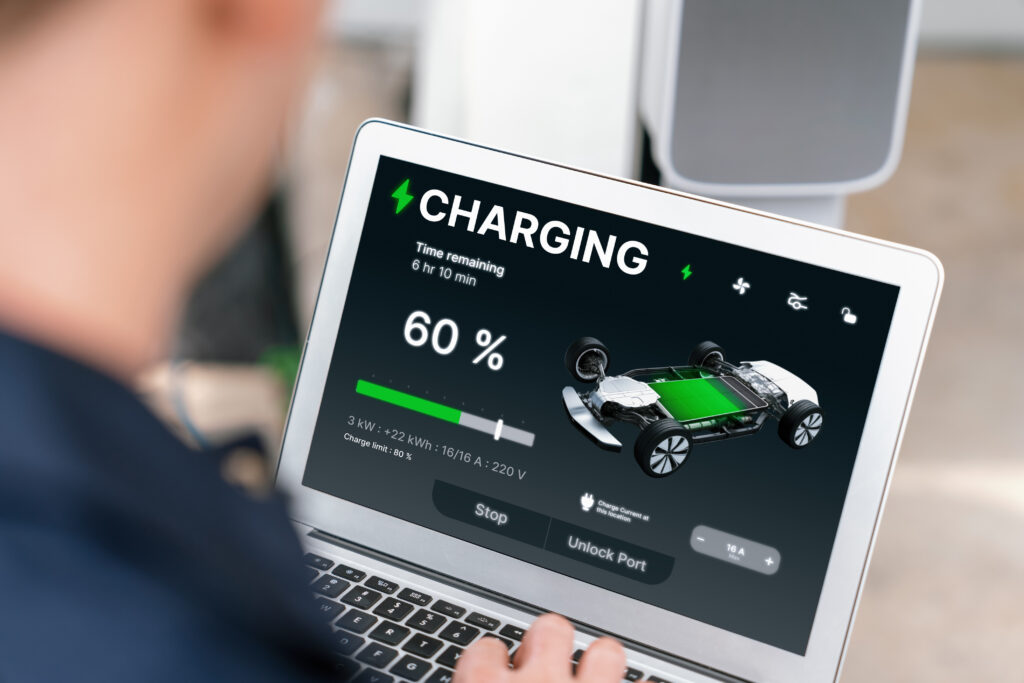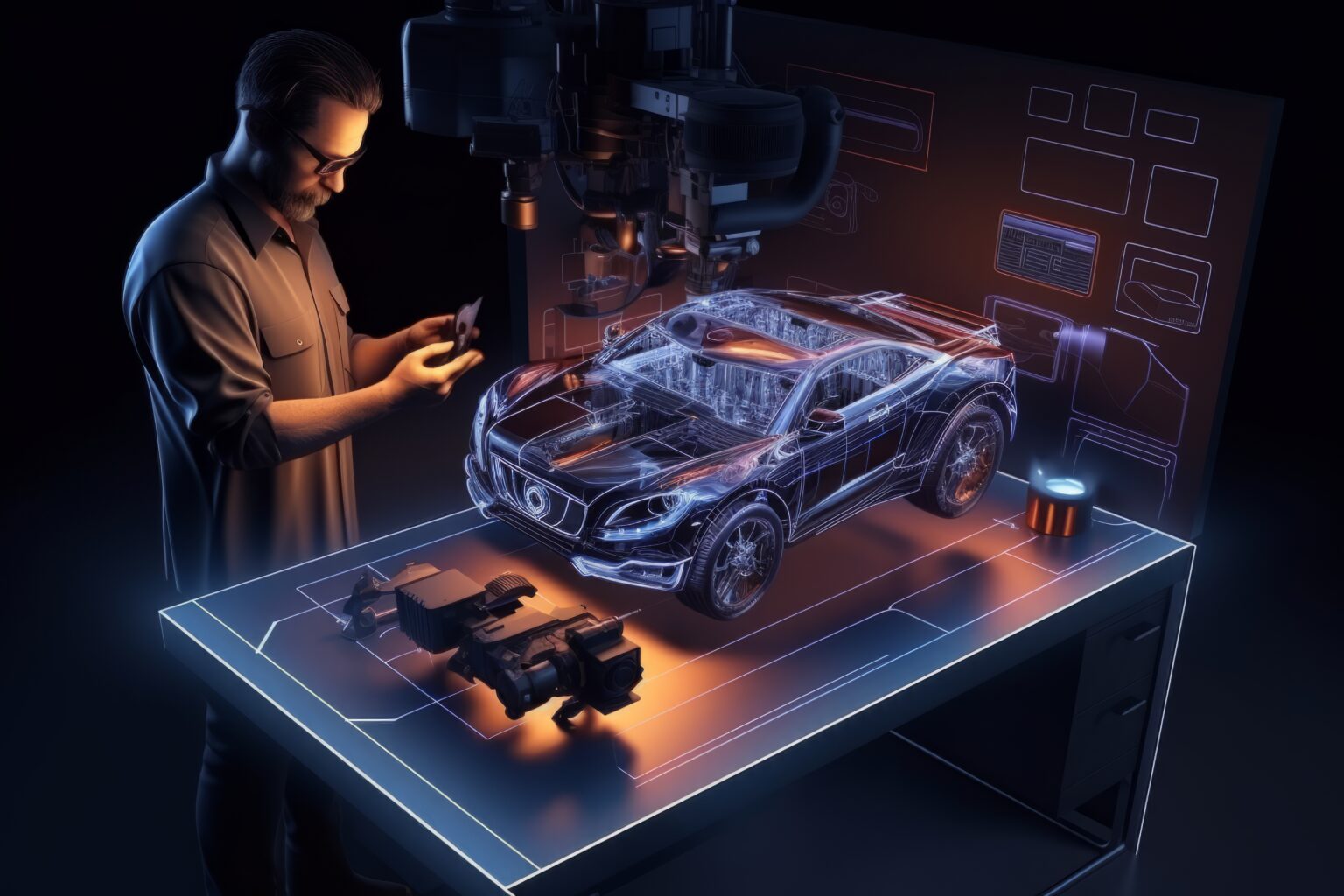Electric vehicles (EVs) are no longer a dream of the future—they’re today’s reality. As countries aim to cut emissions and individuals become more eco-conscious, EVs have zoomed into the spotlight. But beyond sleek designs and whisper-quiet motors lies a lesser-known hero: the Battery Management System (BMS).
What’s a BMS, and Why Should You Care?
Think of the BMS as the brain of the EV battery. It doesn’t just monitor the battery; it protects it. From preventing overheating to ensuring each cell charges and discharges evenly, the BMS plays a pivotal role in safety, performance, and longevity.
Without a reliable BMS, even the most advanced battery pack is vulnerable to failure. As EVs become more complex and powerful, the demand for smarter, more adaptive battery management grows in tandem.
Traditional BMS vs. Smart BMS
While traditional BMS platforms acted like watchdogs—raising alarms when thresholds were breached—today’s smart BMS platforms behave more like personal trainers. They proactively optimize performance, adjust parameters based on usage, and even predict failures before they happen.
Smart BMS systems can:
- Predict battery degradation
- Manage thermal profiles across environments
- Enable over-the-air (OTA) updates
- Log performance analytics for OEMs and service centers
The Bigger Picture
According to McKinsey’s “The Future is Electric” report, battery performance is the number one concern for EV users, more than range or charging time. A reliable BMS directly addresses these fears.
Furthermore, Deloitte’s report on EV innovation outlines how smart battery analytics can improve battery life by 20% and reduce total cost of ownership for fleet operators.
Why BMS Matters for Fleets and Cities
Fleet operators don’t just worry about a single battery—they worry about hundreds or thousands. A BMS that supports real-time diagnostics, geo-fencing, and predictive maintenance becomes a game-changer.
It allows:
- Monitoring across the fleet from a centralized dashboard
- Early detection of faulty cells or imbalanced packs
- Maintenance scheduling based on usage, not guesswork
For municipalities planning EV transitions for buses, waste disposal, or delivery fleets, a smart BMS can mean the difference between scalable success and operational chaos.
Where Xaptronics Comes In
At Xaptronics, we design Battery Data Management Systems (BDMS) that go beyond passive protection. Our BMS and BDMS platforms are equipped to handle:
- Complex cell chemistries like LFP, NMC, and emerging solid-state technologies
- Harsh environmental conditions, including India’s tropical zones
- Integration with GPS, cloud platforms, and third-party analytics engines
We build for the builders: from OEMs to EV startups to fleet integrators.
Innovation from the Inside Out
In a world where range anxiety still holds users back, we believe trust starts inside the battery pack. That’s why we’re pushing for BMS platforms that:
- Self-learn from driving habits
- Adapt to climate and terrain
- Share anonymized performance benchmarks to improve future EV models
When batteries become intelligent, so does the entire mobility ecosystem.
From Data to Design
Xaptronics BMS platforms don’t just deliver real-time diagnostics—they empower data-driven R&D. OEMs and energy researchers can use this information to:
- Improve cell design
- Optimize pack architecture
- Design more efficient energy recovery systems
Final Thoughts
As the global EV market hurtles toward 200 million units by 2030, we need more than hype. We need systems that are smart, reliable, and transparent.
Battery intelligence will soon define EV brand value. And smart BMS is where that intelligence starts.
Learn how Xaptronics is building smarter batteries for a cleaner tomorrow.
Visit: www.xaptronics.com
Sources:




